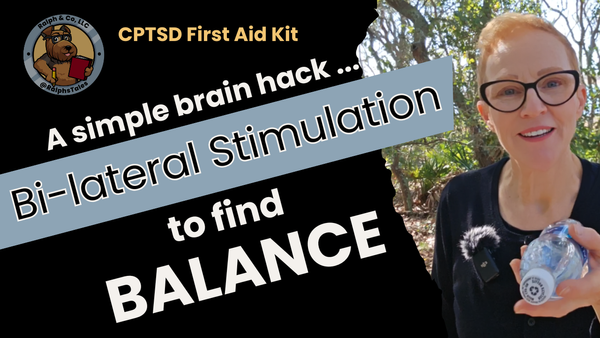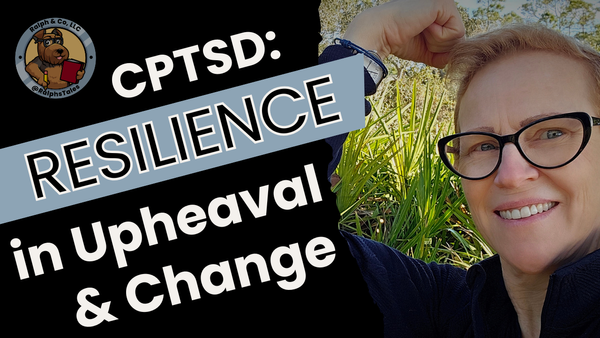The Essence of Trauma-Informed Care
Being trauma-informed means practicing in a way that resists re-traumatization and provides a safe, supportive environment where individuals can heal and grow.

Introduction
In a world where the impact of trauma is increasingly recognized, the need for trauma-informed care cannot be overstated. But what exactly does it mean to be a trauma-informed practitioner? This post delves into the principles of trauma-informed care and its significance in the fields of therapy and life coaching.
Understanding Trauma-Informed Care
At its core, trauma-informed care is an approach that acknowledges the widespread impact of trauma and understands potential paths for recovery. It recognizes the signs and symptoms of trauma in clients, families, staff, and others involved with the system. Being trauma-informed means practicing in a way that resists re-traumatization and provides a safe, supportive environment where individuals can heal and grow.

The Pillars of Trauma-Informed Care
According to the Substance Abuse Mental Health Services Administration (SAMHSA), the six principles of trauma-informed care are:
- Safety: Ensuring the physical and emotional safety of clients.
- Trustworthiness and Transparency: Building trust with clients through clear, open communication.
- Peer Support: Emphasizing the role of mutual self-help and shared experiences.
- Collaboration and Mutuality: Working with clients as partners in their healing journey.
- Empowerment and Choice: Empowering clients by prioritizing their strengths and acknowledging their resilience.
- Cultural, Historical, and Gender Issues: Showing sensitivity to the cultural, historical, and gender-related issues in trauma responses.
Trauma-Informed Therapy
In trauma-informed therapy, therapists are not just treating symptoms or behaviors; they are treating the whole person, considering their life experiences and trauma history. This approach helps therapists understand the context of a client’s life and how it influences their current challenges, fostering a more effective and empathetic therapeutic relationship.
Trauma-Informed Life Coaching
Similarly, in life coaching, being trauma-informed is vital. While life coaches aren’t therapists, understanding the impact of trauma is crucial in guiding clients toward their goals. A trauma-informed coach can recognize when a client might need to be referred to a therapist and can create a coaching environment that is sensitive to trauma-related triggers.
The Importance of Being Trauma-Informed
Being trauma-informed is essential for two reasons:
- Effective Support:
It allows therapists and coaches to provide more effective, empathetic support, tailoring their approach to the unique needs of individuals who have experienced trauma. - Avoiding Re-traumatization:
It helps avoid situations that could inadvertently re-traumatize clients, fostering a safer space for healing and growth.
Conclusion
Incorporating trauma-informed principles into therapy and life coaching practices is not just a trend; it's a necessary shift towards a more empathetic and effective approach to helping people. Whether you are a care practitioner, someone seeking support, or the peer of someone in trauma-recovery, understanding the essence of trauma-informed care can make a significant difference in the journey of healing and personal development. It’s about creating spaces where individuals feel seen, heard, and supported in the entirety of their experiences.
Come Join Us
Surrounding yourself with a supportive community can provide encouragement and strength when you need it most on this healing journey. Be sure to subscribe to our blog to receive insights, practical tips, and deep dives into trauma-informed topics delivered directly to your inbox. And, come join us @RalphsTales on YouTube where we discuss these important topics in a caring community while Ralph romps around spreading serotonin-boosting joy.





